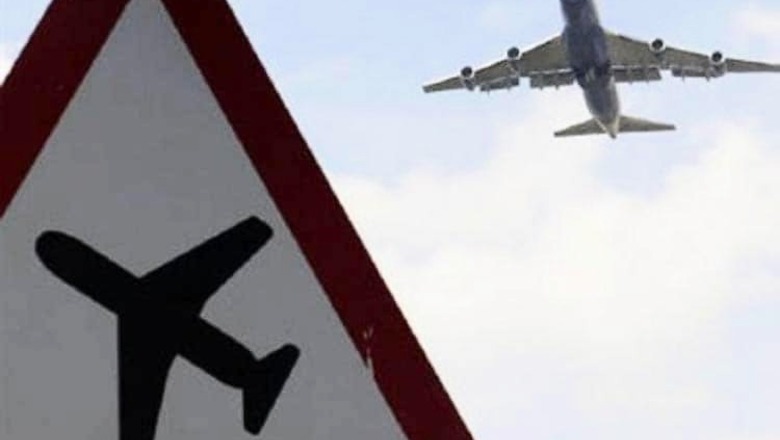
views
London: Analysis of toilet waste from international aircraft can help scientists in global surveillance of infectious diseases and identification of how they are transmitted between countries, researchers have found.
International aircraft are known as important transmission routes for infectious diseases.
The researchers at the National Food Institute and The Department of Systems Biology at the Technical University of Denmark used genome technology to analyse toilet waste from 18 aircraft that arrived at Copenhagen Airport from nine destinations in South and North Asia as well as North America.
The toilet waste was analysed for all known antimicrobial resistance genes as well as a number of disease-causing microorganisms.
"According to forecasts, almost one and a half billion people will travel internationally by plane in 2016," said Professor Frank Moller Aarestrup from the National Food Institute.
"Our work has shown that there is great potential in making airports sites where we can quickly collect data on resistance genes and certain microorganisms," Moller said.
The researchers analysed the total DNA that was purified from the toilet waste using the latest sequencing technology and big data analysis.
They found that tetracycline-, macrolide- and beta-lactam-resistance genes were the most abundant in all samples.
Analysis also showed geographical differences. As such, there was a greater variation in the resistance genes in the samples from South Asia, North Asia and all the samples from Asia combined compared with samples from North America.
When it comes to the microorganisms, there were fewer Clostridium difficile bacteria in samples from South Asia than from both North Asia and North America, while the incidence of Salmonella enterica was greatest in samples from South Asia.




















Comments
0 comment